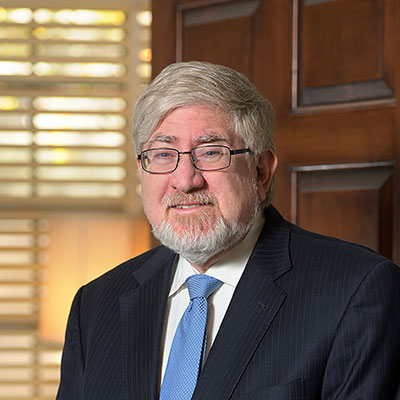What is a Copyright Under Intellectual Property Rights?
When you author original content as an individual or business owner, it becomes intellectual property. As a result, you are protected against others using that content. So, talking with a copyright lawyer near you is essential to establishing your legal rights. Our attorneys serve clients in Bucks, Delaware, and Montgomery County, PA.
The law protects original works of authorship. Typically, those works must reside in a tangible medium, including literary, dramatic, musical, artistic, and other intellectual works.
However, you must understand that even unpublished works are subject to copyright law. That distinction started after March 1, 1989, providing rights even if someone claims they were unaware.
It's also important to note that the law governs the work created but not the medium itself. For example, if you've written a novel, you can protect the text, not the paper. Or, if you've designed a new Hawaiian shirt style, you can copyright the palm trees and pineapple pattern. However, you cannot copyright the fabric.
A Copyright Lawyer Can Help Protect These Works
Copyright protection extends to a broad scope of activities, covering these types of intellectual property:
- Literature
- Poetry
- Paintings
- Sculpture
- Databases
- Maps
- Advertisements
- Computer software
- Architecture
- Musical compositions
- Sound recordings
- Audiovisual works
- Pantomimes and choreographic works
- Dramatic productions and associated music
- Original authorship on a website
Working with a copyright lawyer ensures you protect such works. Still, it's important to note that protection isn't as "absolute" as the coverage provided by other forms of intellectual property law. For example, the copyright prevents others from copying the work but does not prevent others from creating that work. A copyright infringement occurs if someone reproduces work without permission.
Like patents and trademarks, the federal government protects the creator of the original work. The U.S. Copyright Office grants that protection.
Unlike patents and trademarks, certain rights come with creating an original work. And those rights apply even without applying to the federal government for registration.
A Copyright Lawyer Can Ensure These Protections
By working with an attorney, you can become a copyright holder and gain these rights:
- The right to reproduce the work
- Prepare derivative works
- Distribute the work
- Perform it publicly
- Display it publicly
Most important, you can authorize or prevent others from using the material.
A copyright lawyer can help with the registration process, accomplishing several things. First, it helps prove authorship and puts the public on notice of the copyright. Second, it identifies the creator. And finally, it provides for potential damages with an infringement.
Content Not Protected by Copyright Law
Some examples of unprotected content include:
- Ideas
- Methods
- Concepts
- Discoveries
- Works without a tangible form
- Titles, names, or slogans
- Familiar symbols or designs
- Typeface variations
- Ingredient's lists
Only original, creative works in a physical form apply to copyright laws.
What Does a Valid Copyright Include?
As mentioned, you must register with the U.S. Copyright Office. If you're unsure how to proceed, a copyright lawyer can assist you with the process.
A valid notice should include the following elements:
- The word copyright
- The symbol ©
- The publication date
- The name of the author or owner
For example, Disney includes © 1986-2020 DISNEY/PIXAR at the bottom of its website.
You can present greater clarification of your rights by including all rights reserved, some rights reserved, or no rights reserved.
Do You Need Permission to Use Copyrighted Work?
Public domain works are not subject to copyright law once the copyright expires. However, be aware public domain works are subject to these rules:
- All published work in the U.S. before 1924 is in the public domain.
- The law protects works published after 1923 but before 1978. Those protections apply for 95 years from the publication's date.
- Works published after 1977 are subject to copyright for the author's lifetime plus another 70 years. If the work was for hire, anonymous, or under a pseudonym, the copyright lasts between 95 and 120 years. And again, the protections relate to the publication date.
- For works published between 1924 and 1963, you should check with the U.S. Copyright Office for renewal.
Copyright laws protect public domain works unless you can prove they are not. A copyright lawyer can ensure you don't infringe on an author's rights. However, the only exception is for works created under the "fair use rule."
This rule recognizes that society can benefit from the unauthorized use of copyrighted materials. However, the caveat is that the purpose serves as a scholarship, for education, or for the public.
As such, you can use some of someone's work in a non-competitive way as long as it expressly benefits the public.
Copyright Lawyers in Bucks County and Montgomery County
If you think your work is subject to violation, talk with a copyright lawyer at our law firm. We'll help protect your rights. Plus, our attorneys can help you file to become a copyright owner and own those rights. We support clients throughout Bucks, Delaware, and Montgomery Counties with everything from copyright law to personal injury.

